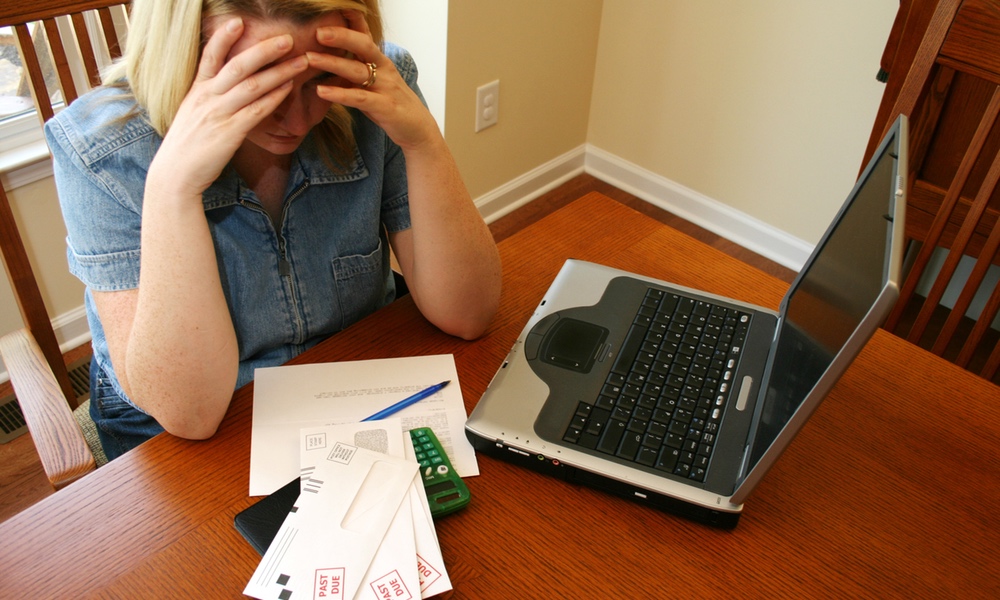According to a recently published review, the best way to keep the human mind from declining in old age is to stop the decline from starting in the first place. And the best way to do that is to remain mentally, socially and physically active as you age.
No matter what you've done in early life, the way to keep the brain in shape as you age seems to be to keep it occupied. It's as if your mind were constantly asking "what have you done for me lately?"
The brains of elderly clear thinkers appear virtually identical to those of younger people by most physical and chemical methods currently available for comparison--MRI scans, physical appearance and the ability to take up more oxygen when challenged.
The review also concludes that the mental declines that come with old age generally happen later than conventional wisdom says that they do. And they may not be as severe as they’re commonly thought to be.
The brains of these elderly clear thinkers appear virtually identical to those of younger people by most physical and chemical methods currently available for comparison — MRI scans, physical appearance and the ability to take up more oxygen when challenged.
In other words, some elderly individuals have brains that haven't even begun to decline. So maybe instead of focusing on how to slow or reverse the decline as people age, the focus should shift towards stopping the decline from ever starting.
What stops these brains from declining into their 70s and even 80s? Science can't say for sure. But it can take a very good guess. A host of studies have shown that keeping the mind mentally active, remaining socially connected and keeping the body in good physical shape all help ward off memory loss and other mental declines.
Even walking or reading a book can help out. Sitting around and watching TV doesn't.
Keep the mind and body occupied. Live more in the present and less in the past. The best medicine known for keeping the mind sharp.
The review appears in Trends in Cognitive Science and is freely available.




